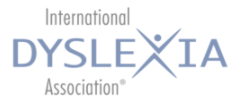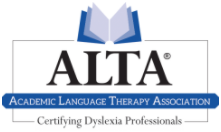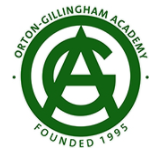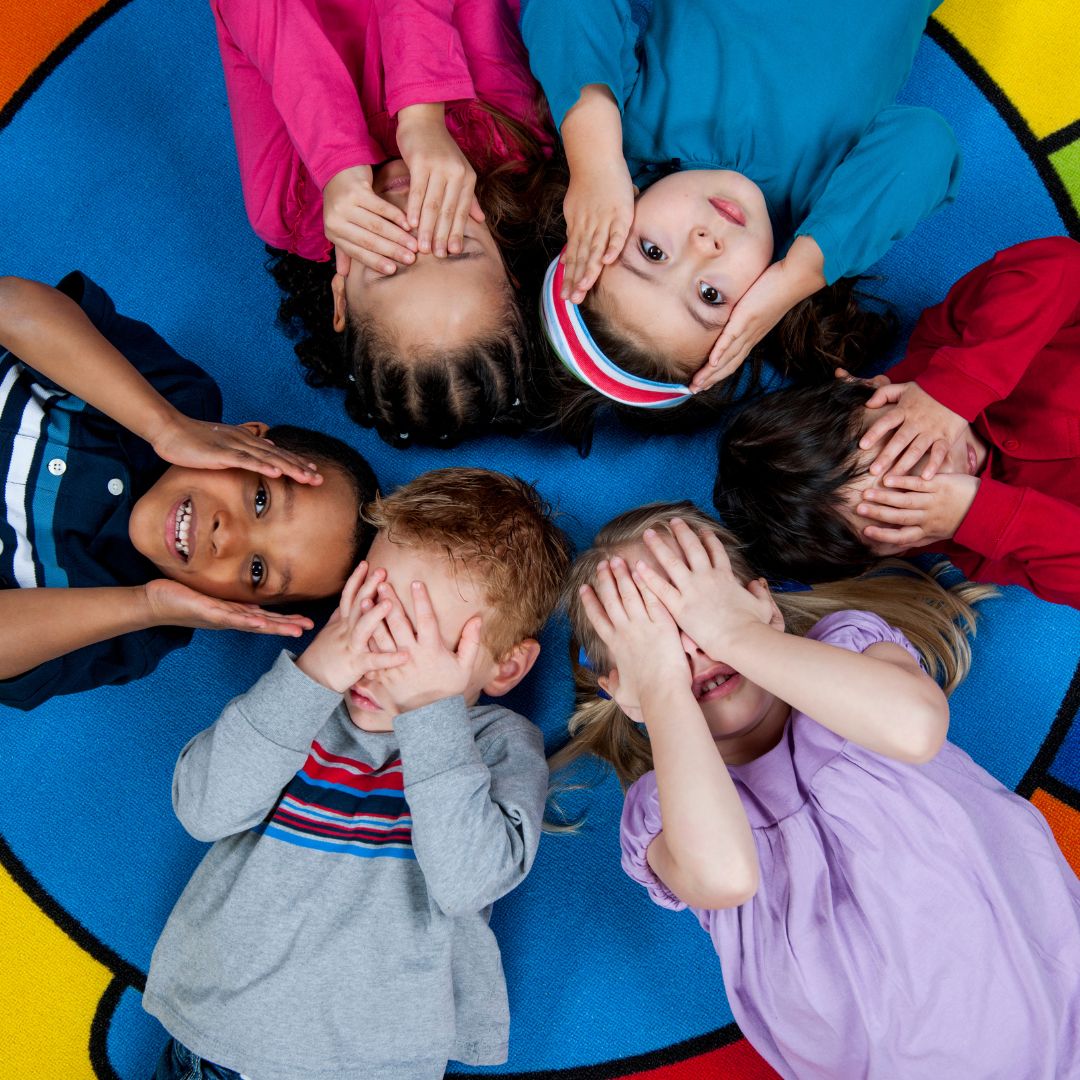Many parents associate reading issues such as dyslexia with the first years of formal schooling, Kindergarten, first, and second grades. This is the time when children typically begin systematically learning to read through phonics and high-frequency words, so it stands to reason that this is also the time when reading challenges surface. This is a common misunderstanding of dyslexia; in reality, dyslexia can begin to present itself in preschool-aged students as early as age three. Early identification of and intervention for specific learning challenges can serve to set students up to be successful readers as they progress through their education. And an understanding of how the brain works and what to look for in a child’s literacy development can serve to empower parents (and educators) in supporting a student’s growth as a reader.
The Brain and Reading
Oral language is the foundation of reading ability. A child’s development as a reader hinges on their oral language skills. Strong oral language skills directly (positively) impact a child’s reading ability, while weak oral language skills can hamper reading development. Neuroscience explains this direct connection between oral language and reading development. Research findings demonstrate that the human brain is hard-wired for oral language, but it is not hard-wired for reading. Reading is not a task that the human brain is able to learn naturally apart from explicit instruction. The skill of reading is acquired when, through explicit, effective instruction, the human brain recycles an area of itself that is traditionally used for object recognition. This area is able to change to process letters by making connections with other areas of the brain that process sounds. A breakdown in one’s grasp of the sounds of the language can lead to a breakdown in the ability to acquire the skills for reading.
Dyslexia: A Formal Definition
The International Dyslexia Association defines it this way: “Dyslexia is a specific learning disability that is neurobiological in origin. It is characterized by difficulties with accurate and/or fluent word recognition and by poor spelling and decoding abilities. These difficulties typically result from a deficit in the phonological component of language [i.e., sounds] that is often unexpected in relation to other cognitive abilities and the provision of effective classroom instruction...”
Early Signs
There are some common early signs that a young child may be impacted by dyslexia:
- Delayed speech When a child is evaluated for dyslexia, the first questions parents are asked are related to the child’s speech development. Was it delayed? When did they start speaking?
- Mixing up sounds and/or syllables in words Another question commonly asked when a child is being evaluated for dyslexia is: When they did start speaking, did they frequently mix up sounds and syllables?
- Omitting sounds or syllables in words: It’s cute for us to hear kids say “cheeburger” or “sgetti,” but omissions of this nature can directly impact reading development. An appropriate response to these types of omissions in conversation might be: “Oh you want some spaghetti for dinner?”
- Issues with rhyming
- Struggling with letter recognition (saying the name of a letter)
- Trouble recalling information
- Difficulty following directions
Fostering Oral Language Skills
Because of the direct connection between oral language abilities and reading development, it is crucial that parents foster those oral language skills through the preschool years. There are many ways to do this, but two of the simplest and most effective ways are reading to our children and having intentional conversations with them.
“Read to your kids” is a message oft-emphasized to parents of littles, but the reasons behind this emphatic encouragement are not always in the foreground of conversation. Parents are not encouraged to read to their children so that the children learn to read the words on the page. Learning to read is not going to happen while a child is sitting in their parent’s lap listening. What children will develop is a strong vocabulary and background knowledge. Children are also going to hear sounds and words and recognize that the words on the page (and the sounds that go with them) have specific meanings.
To further develop oral language skills in preschoolers, parents need to engage in intentional conversation with their littles. It is easy for parents to fall into the routine of talking at their children (giving instruction, answering countless questions, etc.), so it requires intentionality to talk with our young children. In this intentional dialogue, parents can be mindful of using language that is appropriate for a child’s age and development stage, and it also provides opportunities to correct any noticeable incorrect speech patterns (mentioned above).
If a parent has concerns about their preschooler’s oral language development and how it may impact their reading progress, several organizations offer resources:
In ternational Dyslexia Association
ternational Dyslexia Association
 Academic Language Therapy Association
Academic Language Therapy Association
[Editor's Note: To learn more about dyslexia and hear more from the author of this post, make sure to check out the "Navigating Your Child's Education" podcast episode "Demystifying Dyslexia."]
/Logos/Horizontal%20Academic%20Logo%20for%20Light%20Backgrounds.png)
/Logos/Horizontal%20Academic%20Logo%20for%20Dark%20Backgrounds.png)

 Orton-Gillingham Academy
Orton-Gillingham Academy.jpg?width=100&height=100&name=Copy%20of%20Blog%20Authors%20(5).jpg)

